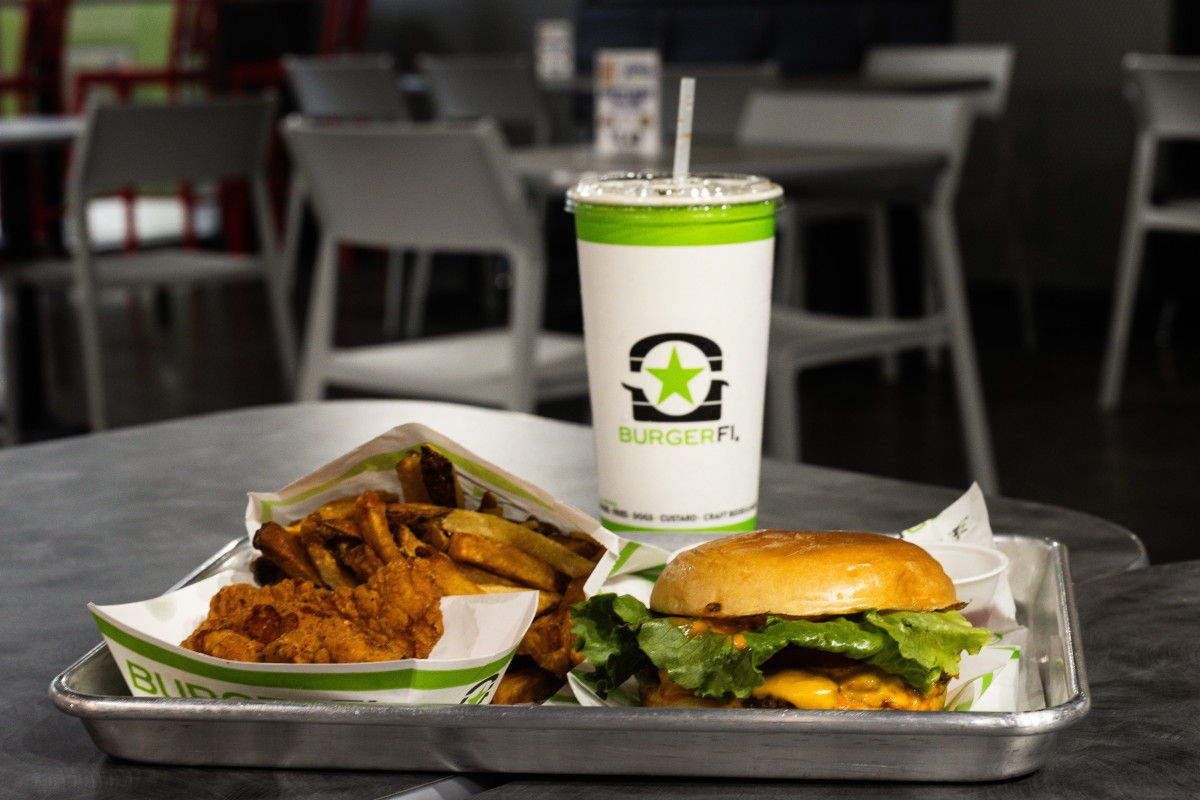
Owning a major fast-food chain franchise like a Burger King, Wendy's, Hardee's or Popeyes at one time was like owning a license to print money.
But times have changed, as a series of economic factors in recent years, such as effects from the Covid pandemic, high inflation, rising interest rates and increased minimum wage rates, have pushed several of these fast-food chain operators into bankruptcy.
Related: Struggling whiskey brand files for bankruptcy, closes
In 2023, Burger King operators Meridian Restaurants and Toms King filed Chapter 11 blaming high costs and slow sales. Hardee's restaurant operator Summit Restaurant Holdings with 106 units also filed bankruptcy and either closed or sold off its restaurants.
Wendy's franchisee Starboard Group, which operated 72 locations, also filed Chapter 11 in 2023, and RRG Inc., an operator of 17 Popeyes locations in Georgia in January, filed Chapter 11 bankruptcy.
On rare occasions, a fast-food franchisor is forced into bankruptcy, but that rarity could soon happen as struggling fast-casual burger chain owner BurgerFi International (BFI) is at risk of filing for Chapter 11 bankruptcy, after defaulting on senior secured debt owed to TREW Capital Management.
The Fort Lauderdale, Fla.-based restaurant company, founded in 2011, operates 102 franchised and corporate-owned BurgerFi locations, which sell burgers, hot dogs, crispy chicken, hand-cut fries, frozen custard, beer, wine and soft drinks.
Related: Another popular coffee and cafe brand files Chapter 11 bankruptcy
The company also operates 59 corporate-owned and one franchised Anthony's pizza and wings restaurants.
BurgerFi on April 1 violated the minimum liquidity requirement on its $51.3 million term loan and $2 million revolving line of credit with lender TREW, which both expire on Sept. 30, 2025.
More bankruptcy:
- Struggling Home Depot rival files for Chapter 11 bankruptcy
- Popular Italian restaurant chain files for Chapter 11 bankruptcy
- Another distressed trucking company files Chapter 11 bankruptcy
Under terms of the credit agreement, the default entitles TREW to call the debt sooner than the maturity date. The restaurant chain does not have the funds available to repay the loans if the lender calls the debt, according to the debtor's Securities and Exchange Commission Form 10-Q quarterly report for the period ending April 1 that was filed May 16.
BurgerFi and the lender subsequently entered into a forbearance agreement on May 30, which allowed the company to access the $2 million remaining on the revolving line of credit, according to an SEC Form 8-K report.
The company had been reviewing strategic alternatives, according to a May 30 statement, seeking additional financing, trying to sell some or all of its assets or the entire company. It also was managing its cash flows by prioritizing certain obligations over others.

BurgerFi will report a quarterly loss
BurgerFi on Aug. 16 reported that it could not file its SEC Form 10-Q quarterly report. It said in an SEC filing that it expects to report a $1.8 million, or 4%, decline in sales for the quarter ended July 1 and a $18.4 million net loss for the quarter compared to a $6 million loss in the same quarter in 2023.
The company expects to report a $4.4 million cash and cash equivalents balance. Based on its liquidity and planned forecast of operating results and cash flows, there is substantial doubt about the company's ability to continue operating as a going concern.
Related: Another popular beverage brand files for Chapter 11 bankruptcy
The company said there was no assurance that it would able to restructure its obligations, obtain additional financing or sell assets to allow it to meet its obligations.
The forbearance agreement expired on July 31, but BurgerFi reached a protective advance agreement with TREW providing the company with $2.5 million and requiring the company to produce a letter of intent for a sale of the company by Aug. 28 and an asset purchase agreement seven days after receiving the letter of intent.
Closing on the asset purchase agreement would need to occur within 60 days, unless the debtor files for Chapter 11 bankruptcy. Should BurgerFi file bankruptcy, it likely would conduct a Section 363 bankruptcy sale.
Related: Veteran fund manager picks favorite stocks for 2024







